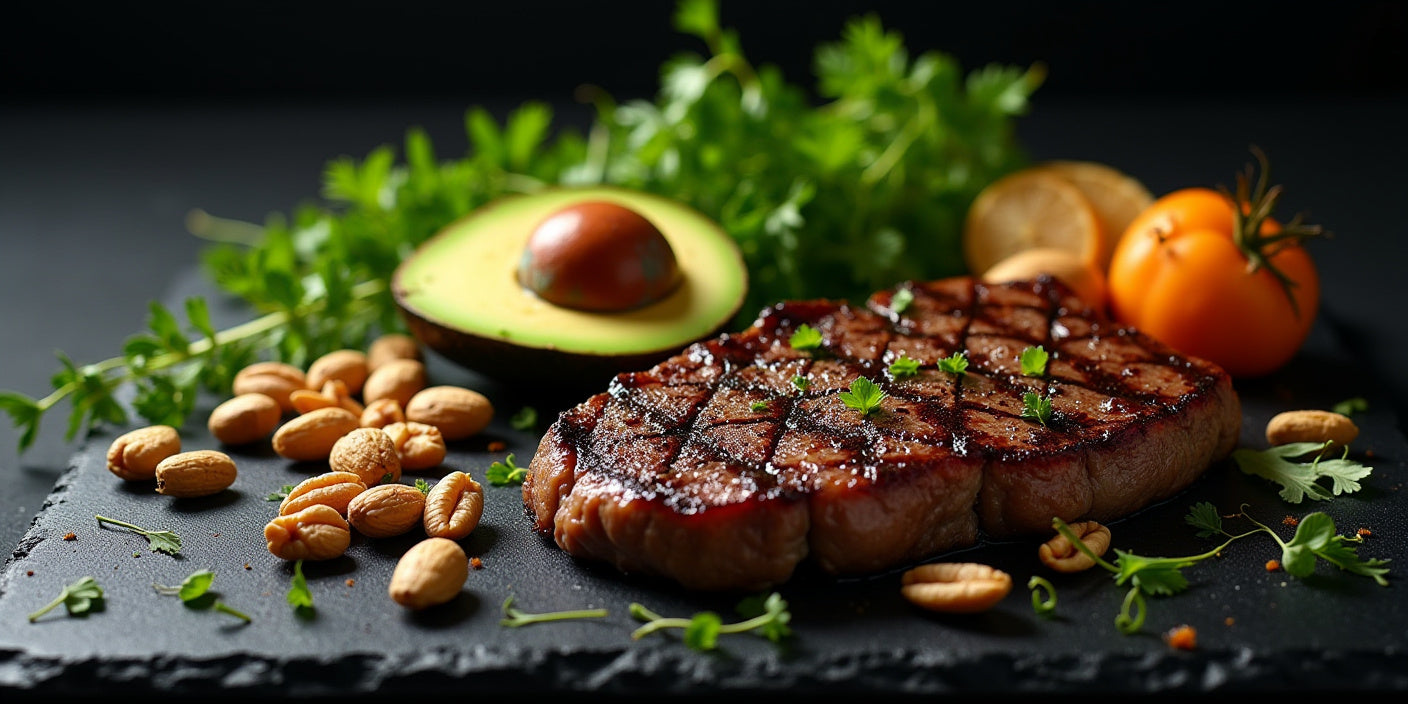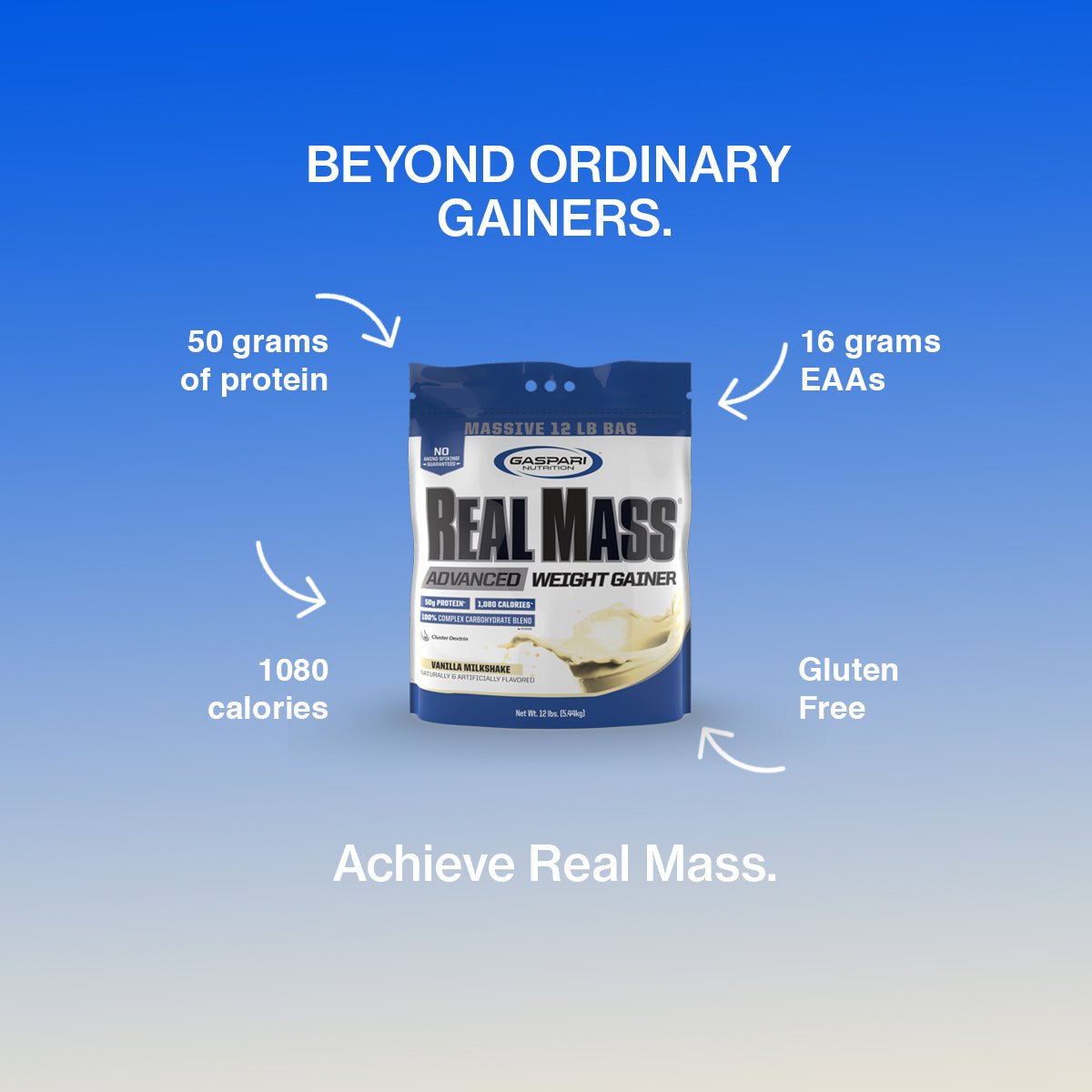Introduction: What Is A Keto Diet?
If you’ve done any research on different diets, you’ve almost certainly heard of the Keto Diet. But what is a Keto Diet? It has gained immense popularity in recent years due to its effectiveness in weight loss, improved energy levels, and other health benefits. Celebrities, athletes, and health-conscious individuals have widely endorsed this diet, making it one of the most talked-about nutrition plans today.
The Keto Diet is named after ketosis, a natural metabolic state in which the body burns fat for energy instead of carbohydrates. But how does it work? Let’s dive into the science and benefits behind it.
How Does a Keto Diet Work?
Your body has two primary sources of energy: carbohydrates (especially glucose) and fat. When you consume fewer carbs, your body shifts into ketosis, a process where it begins using stored fat as its primary energy source. This results in weight loss and several other metabolic benefits.
Ketosis occurs when your carbohydrate intake is drastically reduced (typically below 50 grams per day), forcing your body to produce ketones—a fuel derived from fats. This process is what makes the Keto Diet so effective for fat loss and overall health improvements.

Benefits of a Keto Diet
1. Weight Loss
One of the biggest reasons people try a Keto Diet is for weight loss. By shifting the body's metabolism from burning carbohydrates to burning fat, individuals experience a significant reduction in body fat over time.
2. Improved Mental Focus
Research suggests that ketones provide a more stable and efficient source of energy for the brain, leading to enhanced cognitive function, mental clarity, and focus. Many people report fewer energy crashes and improved concentration when following a Keto Diet.
3. Stable Blood Sugar Levels
By reducing carbohydrate intake, the Keto Diet can help stabilize blood sugar levels, making it an excellent dietary approach for individuals with insulin resistance or type 2 diabetes.
4. Increased Energy Levels
Since fat is a more efficient fuel source than glucose, individuals on a Keto Diet often experience sustained energy throughout the day, reducing the need for frequent meals and snacks.
5. Better Heart Health
Following a well-balanced Keto Diet can improve cholesterol levels, reducing the risk of heart disease. Many people see an increase in HDL (good cholesterol) and a decrease in LDL (bad cholesterol).
6. Support for Certain Medical Conditions
The Keto Diet has been used for decades as a therapeutic approach for epilepsy and is currently being studied for its potential benefits in treating conditions like Alzheimer's, Parkinson’s, and even some forms of cancer.
What Do I Eat on a Keto Diet?
A successful Keto Diet focuses on consuming high-fat, moderate-protein, and low-carbohydrate foods. Here’s what your plate should include:
Foods to Eat:
-
Healthy fats: Avocados, olive oil, coconut oil, nuts, and seeds
-
Protein sources: Meat, poultry, fish, and eggs
-
Low-carb vegetables: Leafy greens, cauliflower, zucchini, and bell peppers
-
Dairy: Cheese, butter, and heavy cream
-
Beverages: Water, unsweetened coffee, and tea
Foods to Avoid:
-
Sugary foods: Sodas, candy, and desserts
-
Grains and starches: Bread, rice, pasta, and potatoes
-
Fruits: Most fruits are high in natural sugars and should be limited
-
Processed foods: Avoid anything with added sugar or refined carbs
How to Reach Ketosis Faster
To enter ketosis quickly, you should:
-
Drastically Reduce Carbs: Aim for 20-50 grams of net carbs per day.
-
Increase Healthy Fats: Make fat your main energy source (around 70-75% of daily intake).
-
Eat Moderate Protein: Excess protein can convert to glucose, slowing down ketosis.
-
Practice Intermittent Fasting: Fasting helps speed up the process by depleting glucose stores faster.
-
Stay Hydrated: Drink plenty of water to flush out excess ketones.
-
Exercise Regularly: Physical activity can deplete glycogen stores and encourage ketosis.

How to Know if You’re in Ketosis
Wondering if you’ve successfully entered ketosis? Look out for these signs:
-
Increased fat loss: You’ll notice a faster weight reduction.
-
Ketone breath: A fruity or metallic smell may develop.
-
Reduced hunger cravings: Ketones suppress appetite naturally.
-
More energy and mental clarity: Many people experience fewer energy crashes.
-
Use Ketone Test Strips: These measure ketones in urine, confirming ketosis.
Different Types of Keto Diets
There isn’t a one-size-fits-all approach to Keto Diets. Here are the four main types:
Standard Keto Diet (SKD):
- Carbs: 20-50g per day
- Fats: 75%
- Protein: 20-25%
Targeted Keto Diet (TKD): Similar to SKD, but includes carb intake before workouts.
Cyclical Keto Diet (CKD): Follows SKD for 5 days, then increases carb intake for 2 days.
High-Protein Keto Diet: More protein intake for those engaged in weight training (35% protein, 60% fat, 5% carbs).

Risks and Side Effects of a Keto Diet
While the Keto Diet has many benefits, it’s important to be aware of potential risks:
1. Keto Flu
Some people experience symptoms like headaches, fatigue, nausea, and dizziness in the first few days. This is known as the Keto Flu and usually goes away within a week.
2. Nutrient Deficiencies
Since a Keto Diet restricts certain food groups, you may need to take supplements for vitamins and minerals.
3. Ketoacidosis (For Diabetics)
Diabetics need to be cautious, as excessive ketones can lead to ketoacidosis—a dangerous condition that requires medical attention.
4. Digestive Issues
Some people may experience constipation due to reduced fiber intake. Make sure to eat fiber-rich, low-carb vegetables.
Should You Try a Keto Diet?
Now that you understand what is a Keto Diet, you can decide if it's the right choice for your lifestyle and health goals. Whether your goal is weight loss, better mental clarity, or stable energy levels, the Keto Diet can be an effective way to achieve it. However, as with any dietary change, it’s important to consult with a healthcare professional before starting.
Are you ready to begin your Keto Diet journey? Be sure to check out our online store for supplements like Hyperamino and Anavite to support your ketosis and maximize results!













































































Share:
Drop Set Training
What is Functional Nutrition?